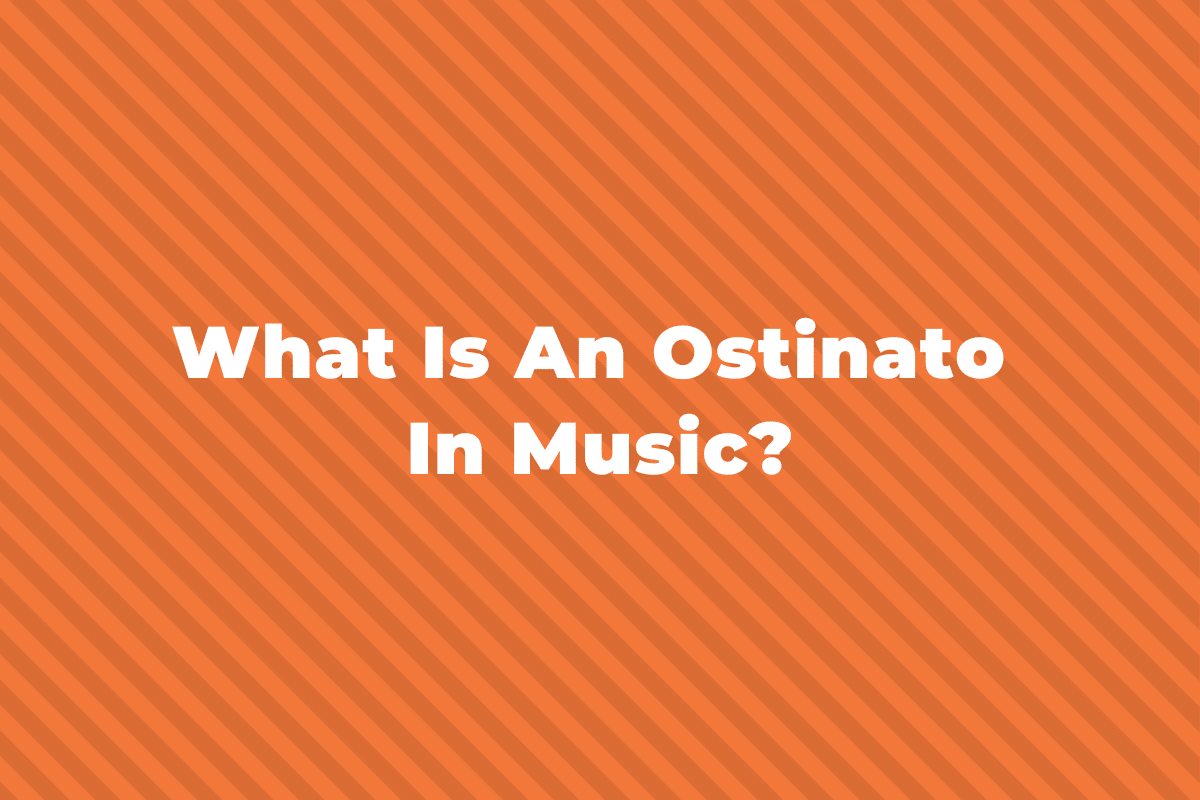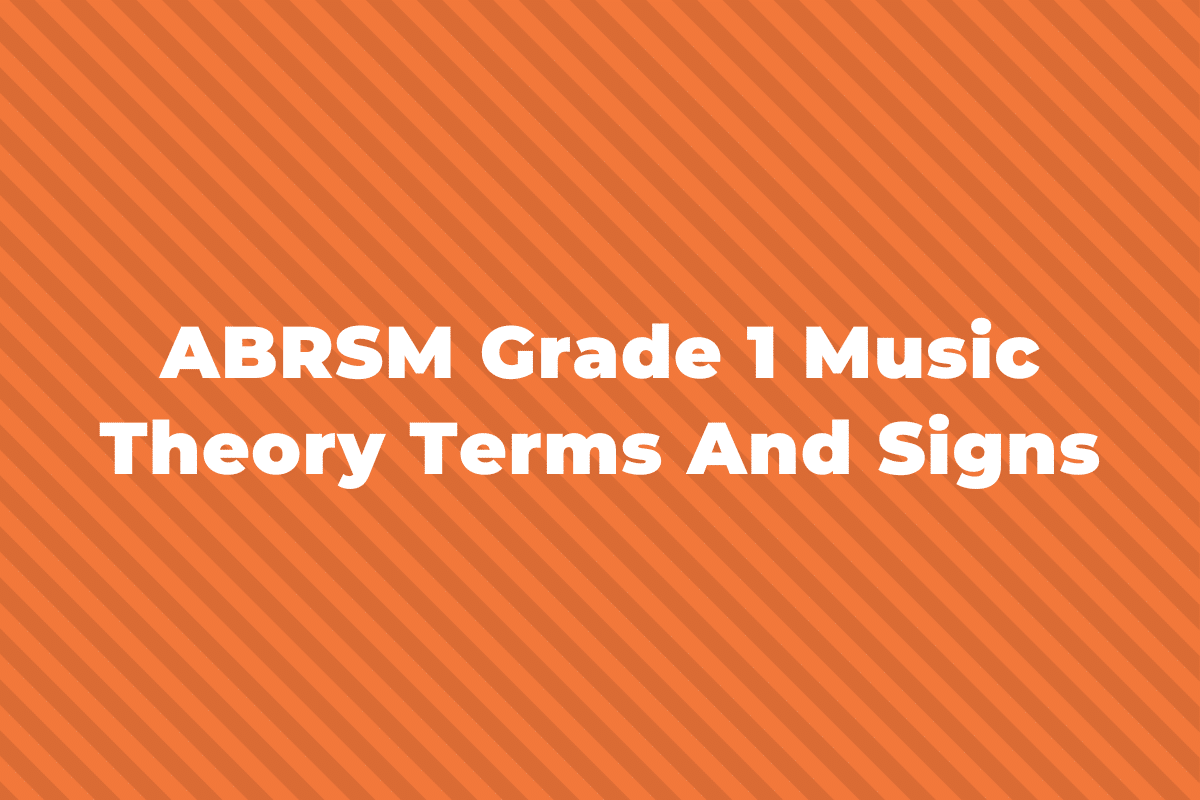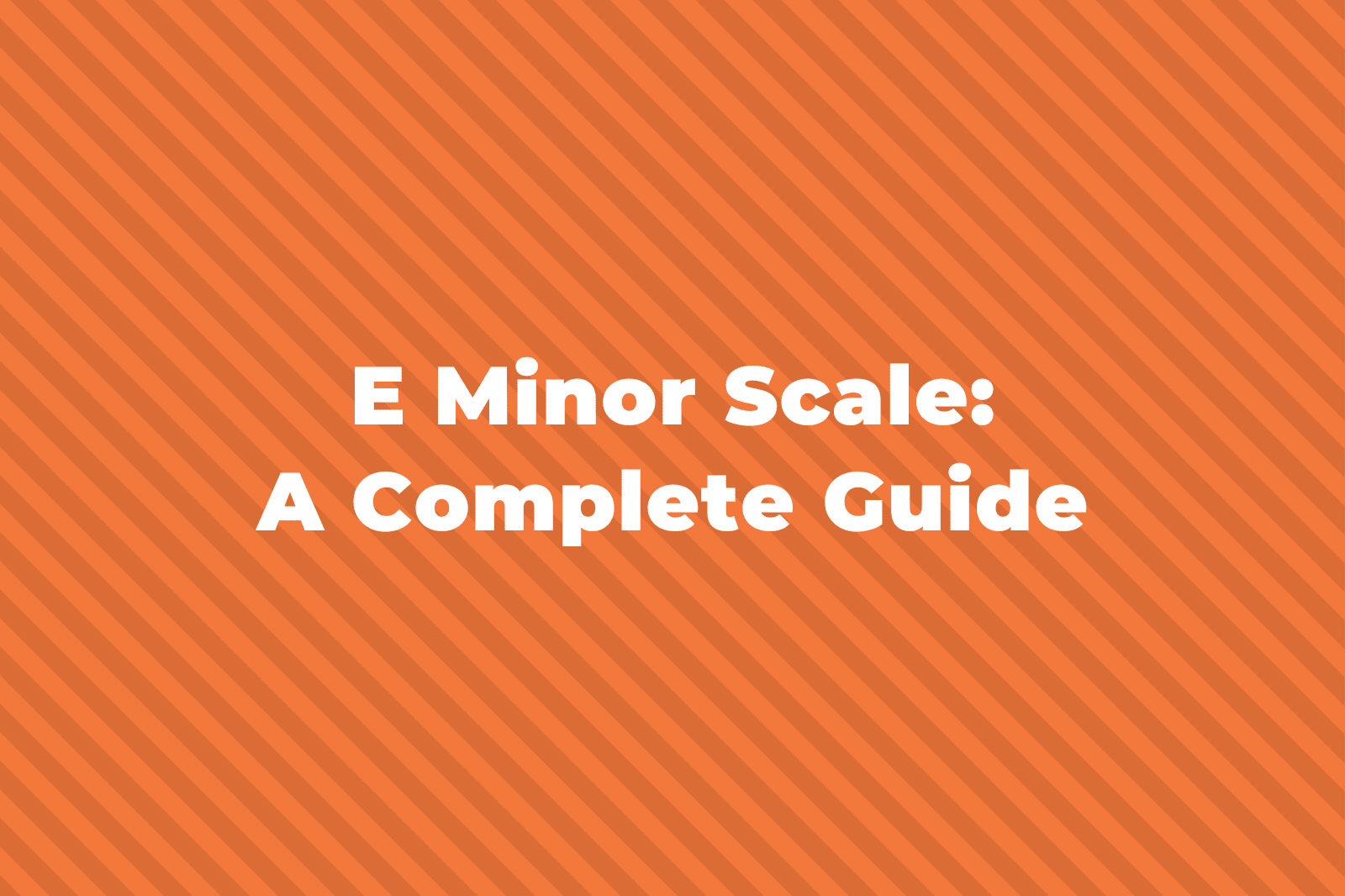Should music be about something? Does an extra-musical narrative add something to the notes and rhythms that we hear, or detract from them? These are philosophical questions that have been debated endlessly within the world of Western classical music.
Program music is music that is about something. For example, in Vivaldi’s The Four Seasons, each concerti evokes one of the seasons of the year, whilst in the Romantic period numerous pieces were written in response to poems, pieces of visual art or plays, such as Tchaikovsky’s Romeo and Juliet.
In contrast to this, absolute music (which is also sometimes referred to as abstract music) is non-representational; it does not have any extra-musical meaning beyond the sounds that we hear. In this article we will take a closer look at what we mean when we talk about absolute music, and at how the term has been used and debated over time.
History and Instrumental vs. Vocal Music
By definition, virtually all absolute music is instrumental, rather than vocal.
Vocal music almost always has words that of course are about something, whether that be in the case of a religious hymn or a song about romantic love.
Up until the Romantic period, most instrumental music was absolute, although it was not until the 19th Century that it would start to be described in those terms.
In the Baroque period there were a few pieces that could be considered to contain programmatic content, like Vivaldi’s aforementioned The Four Seasons and J.S. Bach’s “Capriccio on the Departure of his Beloved Brother”, which laments the composer’s brother’s decision to move to Sweden.
However, the title of most instrumental music by Bach and his contemporaries would simply indicate the key and what type of piece it was, with no further indication of what might have inspired it.
Organ Sonata No. 1 in E-flat major, for example, or the Cello Suite No. 1 in G major:
Mozart’s instrumental music can also be considered absolute, and in the Classical era there was an even greater focus on form, allied with a belief that drama should come from music’s internal resources rather than from external forces.
“Spiritual Absolutism”
People started to discuss these ideas more philosophically towards the end of the 18th Century, and a group of German writers and thinkers, including Johann Gottfried Herder, Johann Wolfgang Goethe, Jean Paul Richter and E.T.A. Hoffmann, put forward the idea of “spiritual absolutism.”
They suggested that instrumental music is superior to other art forms because unlike, say, a novel or play, it can avoid the influence of worldly, tangible things. Without words, characters, plot lines, or obvious meaning, music can actually be more powerful, they argued.
Hoffman wrote this in a famous review of Beethoven’s Fifth Symphony:
“When music is discussed as an independent art, should it not be solely instrumental music that is intended, music that scorns every aid from and mixing with any other art (poetry), music that only expresses the distinctive and unique essence of this art? It is the most romantic of all arts, and we could almost say the only truly romantic one because its only subject is the infinite… Thus Beethoven’s instrumental music opens to us the realm of the monstrous and immeasurable.”
Formalism
Related to absolute music is formalism, which is the concept that a composition’s meaning is entirely determined by its form.
It advocates for music for music’s sake, and the idea that music has no extra-musical meaning and is to be appreciated for its formal structure and technical construction alone.
This rather strict school of thought rejects opera, tone poems and songs, because they all contain extra-musical elements.
The symphony was championed as the most aesthetically pure musical form.
The critic Eduard Hanslick argued that music was purer and of greater value when it dealt purely with sound.
He thought that extra-musical elements detracted from music’s value:
“Music has no subject beyond the combinations of notes we hear, for music speaks not only by means of sounds, it speaks nothing but sound.”
In the Romantic period, many composers began to write music inspired by extra-musical elements such as nature, a sense of national pride, visual art or literature.
Hanslick disapproved of this and instead advocated for the music of composers like Johannes Brahms, who wrote what we would now call absolute music and who never wrote an opera or tone poem.
Richard Wagner and Beethoven’s Ninth Symphony
The term “absolute music” was first used by the composer Richard Wagner in a programme to Beethoven’s famous Ninth Symphony.
While the Spiritual Absolutists had earlier praised Beethoven for his “pure” instrumental music, Wagner now celebrated the fact that Beethoven had added choir and lyrics in the fourth and final movement, seeing this as proof that the symphony as a form of absolute music was dead.
Strict formalists disapproved of what they considered to be Beethoven’s rejection of pure instrumental music.
Wagner opposed absolutism and could not conceive of music without meaning.
In his own work he advanced the idea of Gesamtkunstwerk, or “total artwork”, which makes use of many art forms and can be seen as the opposite of absolute music.
His operas place drama before all else, and also make use of instrumental and vocal music, poetry, dance and elaborate staging.
Blurred Lines
There are some pieces that blur the lines between absolute and program music.
Tchaikovsky’s Symphony No. 6, also known as the Pathétique Symphony, was premiered just nine days before the composer’s mysterious death.
Tchaikovsky allegedly wrote the mournful piece with programmatic elements in mind but would not reveal what they were, and it has also been suggested that the Symphony can be heard as a kind of “musical suicide note”, although some critics have dismissed this idea.
If the piece was inspired by extra-musical elements, but the listener does not know exactly what those are, does he or she hear the music as purely abstract sound or as a kind of program music?
Modern critics have tended to suggest that it is impossible to divorce music from meaning, because all music is informed and influenced by the context – and the politics, culture and philosophy – of the time and place in which it was composed.
Likewise, the audience might assign their own meaning or visual associations to music, regardless of the composer’s intention.
The 20th Century
Some modernist 20th Century music, which rejected traditional tonal harmony, can be understood as absolute music.
The Second Viennese School composers – Schöenberg, Berg, and Webern – pioneered serialism and abstraction, resulting in work that was highly logical but often dissonant and challenging.
Later composers like Elliot Carter and Milton Babbitt used mathematical principles and randomisation to distance themselves from the composition process.
There are parallels to be drawn here with the abstract visual art of the 20th Century.
While most art until that point had attempted to render realistic images of people or landscapes, the likes of Wassily Kandinsky, Jackson Pollock and Mark Rothko made art from colours and shapes that were not supposed to look like worldly objects or people.
Summary
The question of absolute music versus music that uses programmatic content makes for a fascinating debate.
Some critics and musicians have argued that notes and rhythms cannot have concrete meaning, and that music is at its best when it is heard simply as abstract sound.
Others, like Richard Wagner, have advocated for overt meaning in music, and for the fusion of music with other artforms.
The 21st Century listener is so used to hearing music with obvious meaning – popular songs with lyrics, for example, or film music that helps to establish mood and atmosphere – that the idea of absolute music might seem a little strange.
Why not take a listen to some of the musical examples given in this piece and think about how the ideas of absolutism and meaning in music impact your listening experience?



